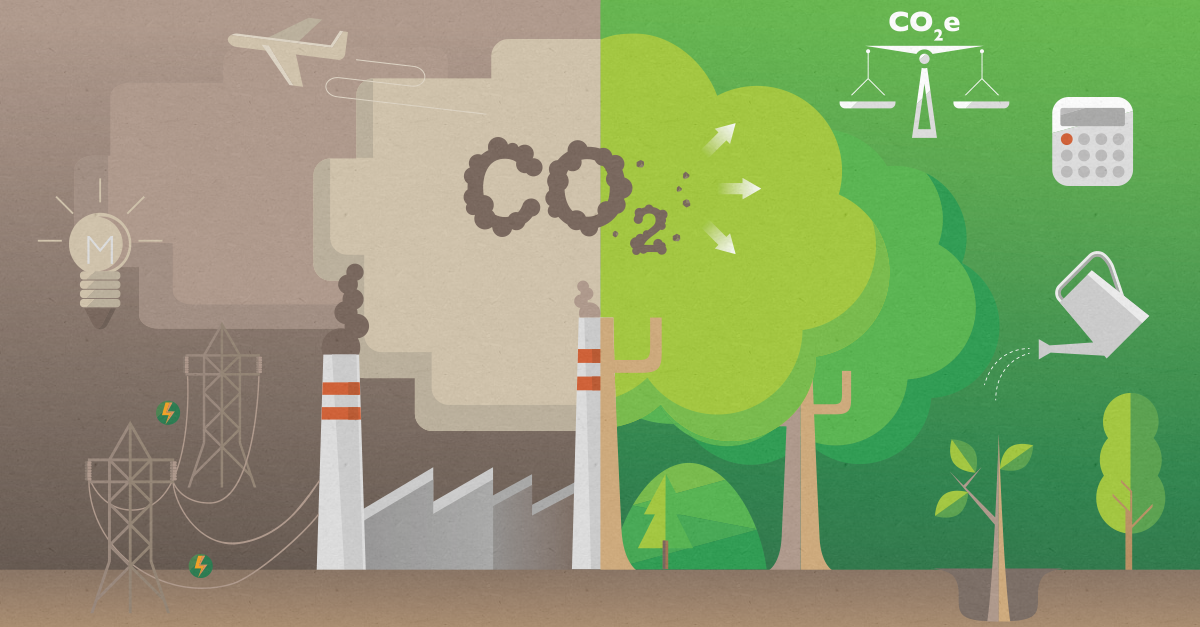But, after experiencing exactly that, we thought we’d take a look into how much some of TNP’s carbon footprint has been affected in the months since we were all sent home to work.
Months apart
We’ve taken two 5-month time periods in relation to car mileage, our biggest contributor to carbon footprint:
- Pre-lockdown: November 2019 to the end of March 2020 (period 1)
- Post-lockdown: April 2020 to the end of August 2020 (period 2)
In total, TNP employees did 222,375 business miles in period 1 versus only 15,770 in period 2! That works out at around a 93% decrease in car mileage between the two time periods.
On average we did:
44,475 miles per month in period 1 and only 3,154 miles per month in period 2.
56,638 miles as our top monthly figure and only 66 miles as our lowest (April 2020, we are talking about you).
Already a huge difference can be seen between the two sets of data. We are all working from home, so rely on Microsoft Teams to communicate with our customers and peers. We are only travelling to site if it is absolutely necessary. Not only has our transport use reduced, but we aren’t in the office - that’s a 150 person+ office space that hasn’t needed power or warmth to the usual extent!
So, what’s the carbon footprint?
Carbon footprint is measured in metric tonnes (1,000kg per metric tonnes). As a rough estimate, about 300g of CO2 is created per mile by the average car. This means that in period 1, pre-lockdown, our carbon footprint from mileage was 61.34 tonnes. However, reduced travelling (thanks to working from home) means our carbon footprint had reduced to just 4.35 tonnes in period 2. To help contextualise this, the average UK person’s carbon footprint is around 10 tonnes annually, from all activities.
Our figures haven’t included our staff’s commute to work, the exact amount of office and home heating/electricity costs, or the odd flight we’d have to do. Most likely, the result of including them would mean that this difference is greater still.
The future
Throughout all of this time, TNP have been able to deliver upgrades, international deployments and training courses remotely. Whilst our current rate of travel may not be the new 'normal' going forwards, thanks to the successes of remote working in this time we can't see ourselves ever going back to the previous level.
Less travel makes our staff more productive, as a result of which they can strike a better work/life balance. What's not to love?
Whilst we are looking forward to getting back in the office when it is safe to do so, for now we can all gain a small comfort that we are contributing to a safer environment - in more ways than one.
More information
Worldwide reductions in carbon emissions: “Daily emissions of the greenhouse gas plunged 17% by early April compared with 2019 levels.”
Rebound after severe lockdown ended: “Road transport is the most responsive sector.”





.png)